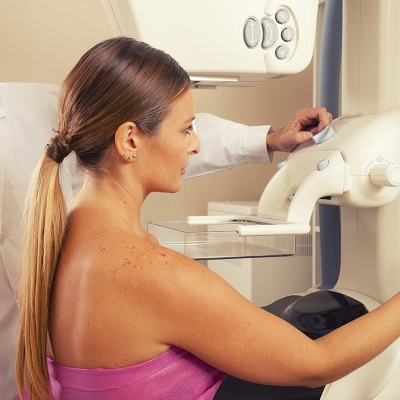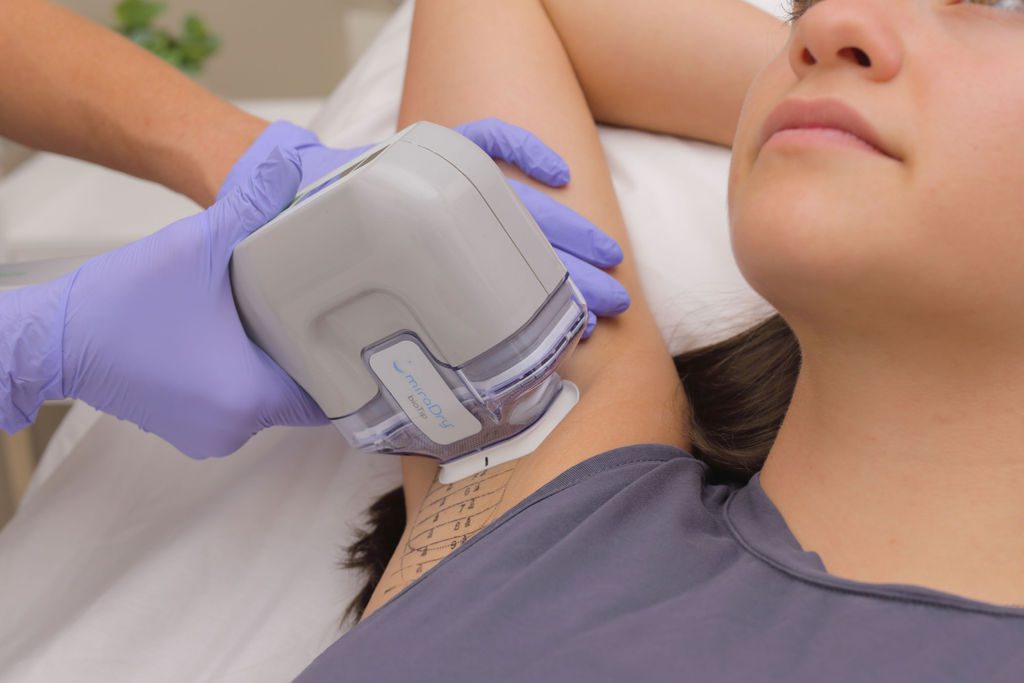 DA 70+ Guest Post Placements – Elite Authority at Your Fingertips!
DA 70+ Guest Post Placements – Elite Authority at Your Fingertips!
What to Do Before and After Your Mammogram Screening
Written by Arabicroyal » Updated on: June 17th, 2025

Mammogram screenings are essential tools in the early detection of breast cancer, but understanding how to prepare for and care for yourself afterward can enhance the experience and help ensure the best results. Many women find the process of getting a mammogram a bit daunting, but with proper preparation and post-screening care, you can reduce any discomfort and have a smoother experience. Here's what to keep in mind before and after your mammogram to help make the process as easy and effective as possible.
Preparing for Your Mammogram Appointment:
Before your mammogram, it’s important to follow a few simple guidelines to ensure the procedure goes smoothly. First, schedule your mammogram for a time when your breasts are least likely to be tender, such as one week after your menstrual cycle. Avoid using deodorants, lotions, or powders on your chest area before the screening, as these substances can interfere with the clarity of the mammogram images. You should also wear a two-piece outfit, as you will need to undress from the waist up for the procedure, and be prepared to remove any jewelry around your neck or chest.
What to Expect During the Screening?
Understanding what will happen during the mammogram can help reduce any anxiety. When you arrive at the facility, the radiologic technologist will position your breasts on the mammography machine and gently compress them between two plates to obtain clear images. While the compression can cause brief discomfort, it is necessary to get high-quality images of the breast tissue. The procedure typically takes only about 20 minutes, and you may be asked to hold your breath for a few seconds while the images are being taken. It’s important to communicate with the technologist if you experience any discomfort or pain.
After Your Mammogram: Post-Screening Care
Once your mammogram is complete, there’s no special care required for your body, but there are a few things to keep in mind. You may feel some mild tenderness or soreness in your breasts due to the compression, but this usually subsides within a few hours. If you’re feeling discomfort, a warm compress or over-the-counter pain relievers can help. It’s also a good idea to avoid wearing tight bras or clothing that could irritate the area for a day or two after the screening. Additionally, it’s important to relax and wait for the results rather than worrying about what might happen next.
Understanding Your Results and Follow-Up:
After your mammogram, the images will be reviewed by a radiologist who will assess the breast tissue for any signs of abnormalities. The results of your mammogram will typically be available within a few days, though your doctor may inform you sooner if any issues are detected. In most cases, if the mammogram shows no signs of concern, you will be asked to return for routine screening at the appropriate time. However, if something unusual is noted, you may need additional imaging or tests to ensure everything is in order. Always discuss any concerns you have with your healthcare provider to understand the next steps.
Staying on Top of Regular Screenings:
It’s crucial to keep up with regular mammogram screenings as part of maintaining your overall breast health. Follow your healthcare provider's recommendations for how often you should schedule a mammogram based on your age, family history, and personal health profile. Early detection is key to effective treatment, and regular screenings are your best defense against breast cancer. If you have a family history of breast cancer or other risk factors, you may need to begin screening earlier or undergo additional tests.
Conclusion:
Preparing for a mammogram and taking proper care afterward is an important part of ensuring the screening is as comfortable and effective as possible. By scheduling your appointment at the right time, following preparation guidelines, and understanding what to expect, you can reduce stress and discomfort during the procedure. Afterward, taking care of any post-procedure soreness and staying informed about your results will help you stay proactive about your breast health. Regular screenings are a vital tool in early cancer detection, and by following these steps, you can continue to prioritize your well-being and peace of mind.
Note: IndiBlogHub features both user-submitted and editorial content. We do not verify third-party contributions. Read our Disclaimer and Privacy Policyfor details.
Copyright © 2019-2025 IndiBlogHub.com. All rights reserved. Hosted on DigitalOcean for fast, reliable performance.


















